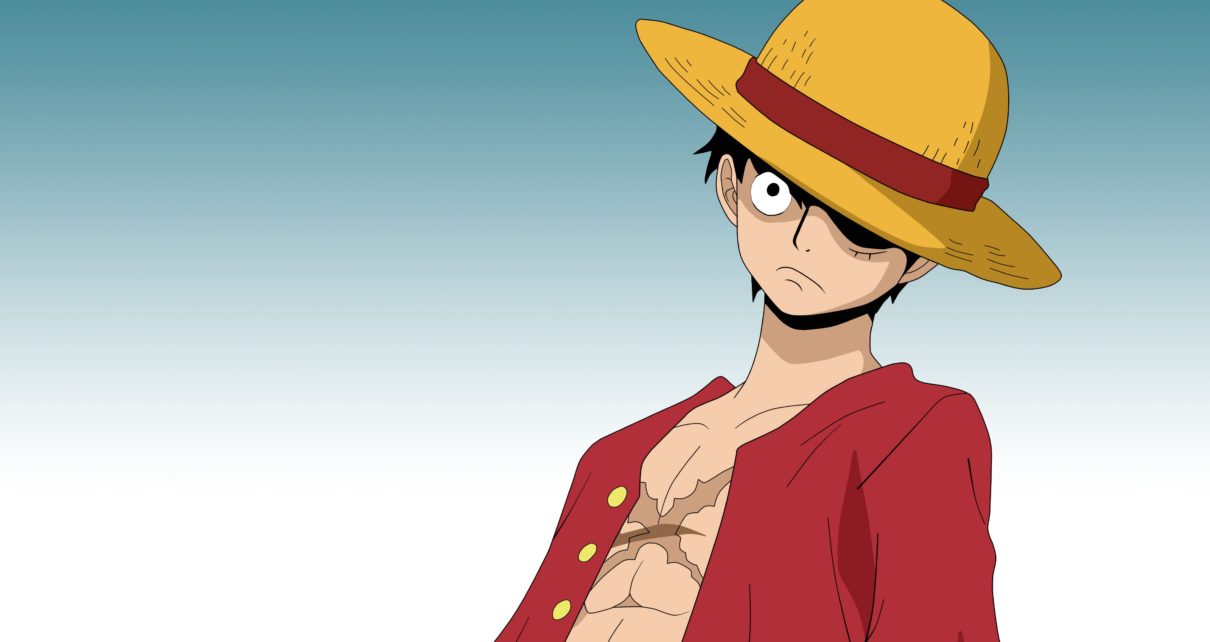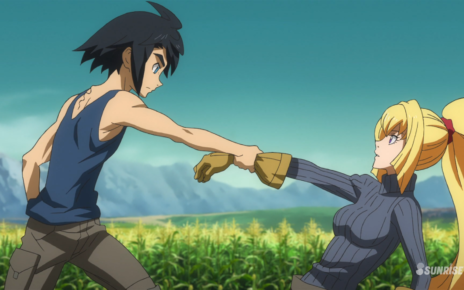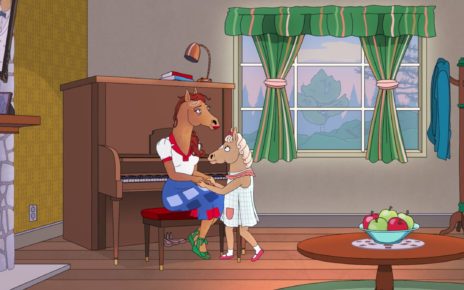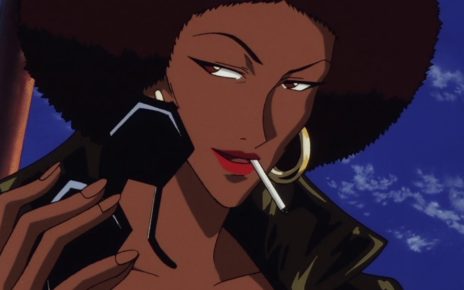Ahhhh, high school, the bane of all American youth. Many of us spent our days doing monotonous tasks, mountains of homework, and manhandling our college applications. Our parents shuttered us in our rooms to work because what else could a 17-year-old do at time besides homework and nefarious activities? I found another way to occupy my time: the magnum opus of animated television, clocking in at a whopping 773 episodes (currently) and more than 830 chapters and counting. We know it as One Piece. I am a television fiend, and I have watched this show six times so far (exhausting about 11 total days of my life every time) and am sure to watch again in the future. Each time, I have learned a new lesson. Not all were important, but season by season, they taught me more about the why the show is so addicting.
Lesson #1: Anime can get away with anything.
As one of the longest-running animes of all time, anything goes on One Piece. The backbone of this show is the idea of the Devil Fruit — mystical fruits that grant you crazy powers at the cost of being able to swim or move about in water. This idea is absolutely ludicrous, but it’s also what gives the show its fantasy aspect (or more so than a non-fantasy type anime).
Lesson #2: Luffy isn’t as silly as he seems.
On the surface, the main character of the show, Monkey D. Luffy, is basically only good for two things: eating and fighting. Surprisingly enough, though, he actually is a good captain to the Straw Hat Crew. When the going gets tough, Luffy gets serious and makes the right decisions for his crew. His tireless ambition and grit have pulled them out of many a tight spot, and when he fights for real, he loses his silliness almost immediately. Most of all, Luffy is loyal — whether it comes to saving Nico Robin or refusing to get rid of the Going Merry without making absolutely sure that there was no way the ship could sail any more, he takes his command extremely seriously.
Lesson #3: Freedom is living, especially for pirates.
On the show, being a pirate means being free. The Straw Hats only became pirates so they could do what they want and fulfill their ambitions. It’s why they attacked all the government facilities, and it’s why they are part of a different breed of pirates, those who can be friends with Marines and regular citizens.
Lesson #4: Evil is not inherent.
One Piece shows people suffer from their sins and can act evil, but that is not permanent. In fact, evil can fester in anyone, and any person can change. That idea artfully comes into play when the show introduces Robin. Labeled a “Devil Child” for the information she knew, Robin was hunted by the World Government since she was 8-years-old. After all that had happened to her she was still able to become a good person and leads a “good” life with the Straw Hats.
Lesson #5: The good can commit evil too.
The Straw Hats are the main characters, so it would track that they would be the “good guys” in the show. But is that necessarily the case? Like True Detective or Game of Thrones, One Piece sucks fans in particularly because of the Straw Hats operate with a grey moral code. As pirates, they are technically evil, but as the show progresses, we learn more and more about how evil both the World Government and the pirate crews are. It’s not a simplistic take on right and wrong.
Lesson #6: It. Wasn’t. Worth. It.
I loved this show. I still do. I wait anxiously every Thursday for the next manga to come out so I can read it. However — upon reflection — was it worth it for me to watch it almost 7 times? Absolutely not. Sure, I learned a lot, but it mostly wasted my time and allowed me to pleasure-binge my life away.
I hope everyone out there can watch this anime. I truly do. It is 10,000% worth it to watch once and continue watching as the show continues, but it is not necessary to do as I did. If you do watch it that many times, you’ll probably feel that same mixture of pride and shame that I feel.
Enjoy the show!
Thanks for reading The Dot and Line, where we talk about animation of all kinds. Don’t forget to ❤ this article and follow us on Twitter and Facebook.





